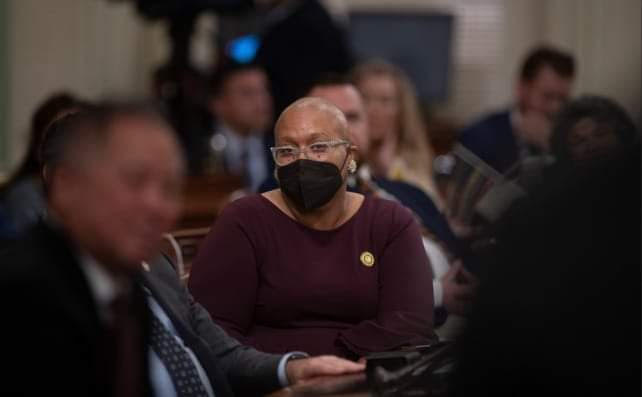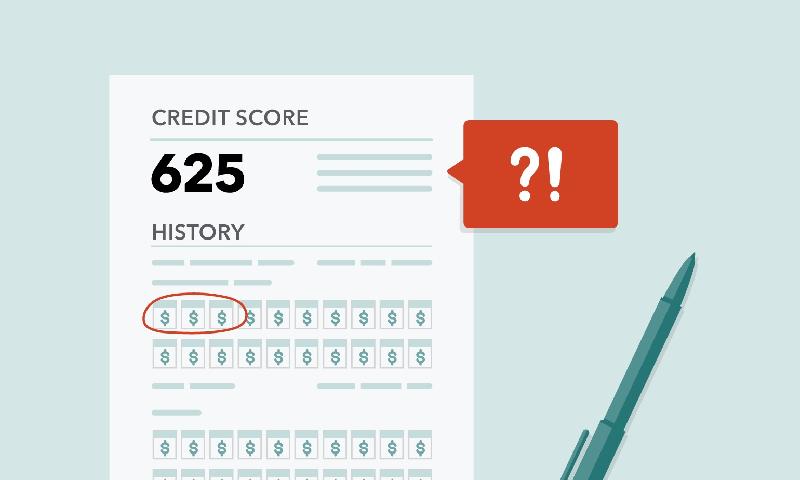Read the news, and you’ll find plenty of reports of people struggling financially during the COVID-19 pandemic. However, a recent flood of reports discussed the issues timeshare owners have been having with their property. These individuals struggle to make their bills but can’t get rid of their timeshare. This problem could be driving a whole wave of bankruptcies for many frustrated and working Americans.
Why Timeshares are a Problem
Currently, over 9.9 million families own a timeshare in some capacity across the nation. But with travel bans, spreading COVID-19 infections, and much more limiting travel, they are finding it harder and harder to visit these properties. Unfortunately, however, timeshare companies often don’t allow owners to cancel their timeshare, meaning they’re stuck paying what have become expensive properties.
For example, the average timeshare now costs over $24,000 and, over a 10-year repayment cycle, you’re likely to pay double that cost. Americans struggling just to pay their bills in a healthcare crisis can’t afford those kinds of payments. Even worse, many have accused multiple timeshare companies of charging high maintenance fees and even committing fraud when advertising their products.
These concerned citizens formed the groups Timeshare Exit Team and Coalition to Reform Timeshare. Their goal is to help people with expensive timeshares cancel or exit their properties or find a seller. Unfortunately, few people are buying: reports claim dozens of timeshares on eBay as low as $1 with no one buying. And bankruptcy has happened to more than one unlucky American with a timeshare.
For most people, bankruptcy comes in two forms: chapter 7 or chapter 13. The first lets you discharge all your debts, while the second creates a more manageable repayment plan. Unfortunately, both can affect your credit for years and make life very difficult for you. As a result, Timeshare Exit Team and Coalition to Reform Timeshare are pushing for real legislative change for this problem.
What Can Be Done to Avoid Bankruptcy
Many of the proposed ideas reported in the news are shockingly simple, and many find it hard to believe they aren’t already implemented. For example, the proposal to give timeshare owners a one-year hiatus on maintenance fees if they don’t use a property seems common sense. However, most timeshare companies charge high maintenance fees even if they don’t touch or clean a person’s property.
Like establishing a mortgage forgiveness program, other proposals would help ease people out of debt and minimize their financial struggles. These groups offer these proposals and state they will not bring in attorneys or third parties and not pursue lawsuits. However, if timeshare companies do not agree, they will then pursue legal action to help people in a troubling financial situation.
That said, many timeshare companies are now filing a lawsuit against these advocacy groups, claiming tortious interference in their operation. Several of these claims have already been dismissed, with a few remaining active. Others are settling with these groups in good faith, minimizing their legal complications. Until these lawsuits conclude correctly, Timeshare Exit suggests a few simple tips.
For example, installing long-lasting products in your timeshare may save you money on upgrades. Things like aluminum blinds help because they are one of the longest-lasting and lowest-maintenance options for windows. Some suggest sub-leasing a timeshare, when possible, finding someone willing to pay for their upkeep and use them during difficult pandemic times.
It also helps to continually pursue exit from a timeshare, even if the holding company fights against you. Legally, they cannot stop you from making these attempts. They may attempt to charge you high fees, advocacy groups say, but they may be worth paying to get rid of a property you don’t want and cannot afford. Again, the results vary, so make sure you pay attention to the news covering this topic. Doing so could help you avoid bankruptcy and keep your financial situation stronger and healthier.




